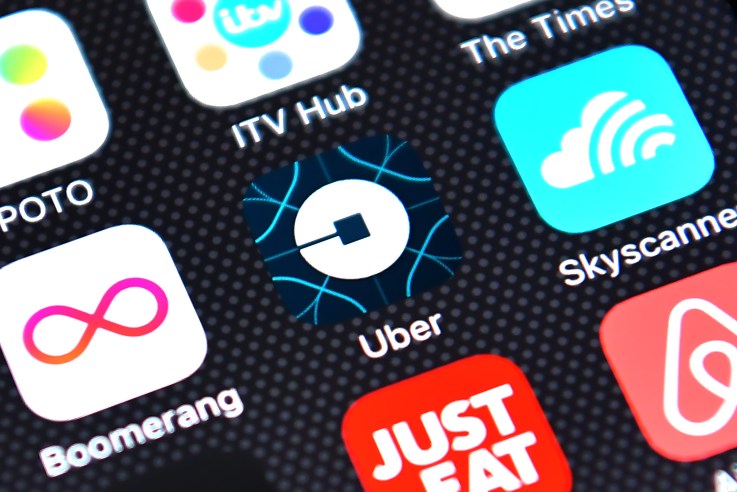
The bad news just keeps piling up for Uber. The ride-hailing giant has lost a court battle against London’s transport regulators which have been seeking to raise the level of English spoken by private hire vehicles on safety grounds, requiring that all drivers pass an English proficiency test this year.
The new rules mean all private hire drivers in London will have to prove their ability to speak English through a (mostly) verbal language exam or through other relevant documentation.
The test itself costs £200. And the obvious fear here for Uber is that its London business will lose a lot of drivers as a result. (Although an initial March 31 deadline for tests has been pushed out to September 30, 2017 — so there’s a little more time for drivers to prepare.)
Uber challenged Transport for London’s plans in court in August, arguing that the standard of reading and writing being required by the regulator was too high. However today the judge disagreed, with Reuters reporting Judge John Mitting’s conclusion that: “TfL are entitled to require private hire drivers to demonstrate English language compliance.”
Uber confirmed to TechCrunch it will be appealing the ruling.
Commenting in a statement, Uber’s London general manager, Tom Elvidge, described the outcome as “deeply disappointing” — claiming “tens of thousands of drivers” will “lose their livelihoods because they cannot pass an essay writing test”.
“We’ve always supported spoken English skills, but writing an essay has nothing to do with communicating with passengers or getting them safely from A to B,” he said. “Transport for London’s own estimates show that their plans will put more than 33,000 existing private hire drivers out of business. That’s why we intend to appeal this unfair and disproportionate new rule.”
Uber suffered another setback in London in October last year when an employment tribunal brought by two Uber drivers ruled they are workers, rather than self-employed contractors as Uber had tried to claim — making the company liable for paying holiday pay, paid rest breaks and the National Minimum Wage. Although Uber said it would appeal that case too.
While Uber lost its argument against stricter English tests today, the ruling was not all bad news for ride-hailing giant which did prevail in defeating three other TfL proposals — namely:
- a requirement that it have a 24/7 phone line;
- a requirement for private hire drivers to pay for commercial insurance at all times (i.e. even during periods when they are not using the car for ride-hailing);
- a requirement that TfL must be notified by private hire vehicle operators of “material changes to their operating model that may affect their compliance with the statutory and regulatory framework for operators or any conditions of their licence”
Uber has also previously succeeded in challenging TfL’s original English Language requirement, which was initially targeted at drivers born in “non majority English speaking countries”; the regulator had to rewrite the rules to cover all drivers on the grounds that targeting drivers from only a sub-set of countries was discriminatory.
No comments:
Post a Comment
Get more stories like this on our twitter @Abdul_Ent and facebook page @abdulkukublogspot